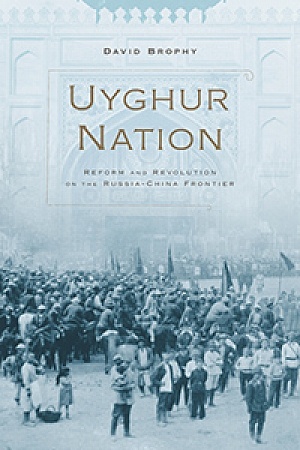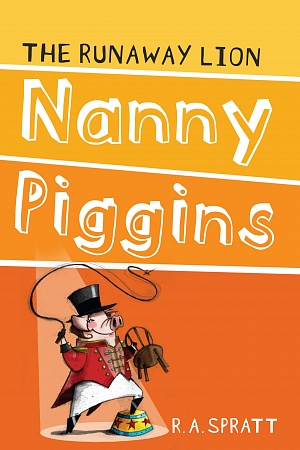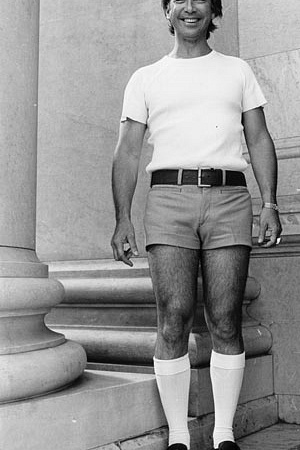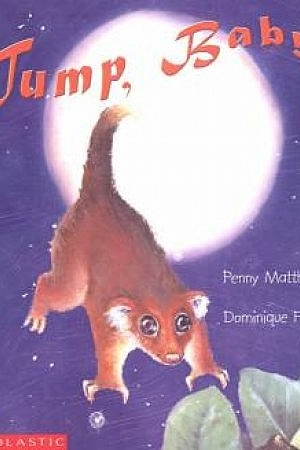Letters to the Editor
Lifelong love of books
Dear Editor,
Ruth Starke’s review of my book Stories, Picture and Reality: Two Children Tell (October 2007) is a competent, even enthusiastic, summary of the book’s main points, with emphasis on its uniqueness (starting with infants and books, and including siblings). She notes that no other male child has been studied in this way.
I was reassured that Dr Starke had read the seventeen academic articles in scholarly journals covering three decades, or at least sufficient of them to recognise ‘the often long chains of textual reuse that appear in almost every chapter’. However, I feel reasonably confident that most readers will not have done so. The parents, grandparents, crèche workers, kindergarten and primary teachers whom I hope will find and enjoy Stories, Pictures and Reality are not likely to buy it (yes, it is expensive, as academic books often are) but will borrow it from their local library.
Maurice Saxby, the doyen of Australian children’s literature, writing in Viewpoint, Spring 2007), stated: ‘Virginia Lowe invites her readers to feel, think and evaluate, even to empathise. Such is the stuff of true literature exemplified in Stories, Pictures and Reality.’
My book records the infant beginnings of the lifelong love of books, rather as Francis Spufford’s The Child That Books Built (2002) does, though starting at the beginning rather than once the actual skill of reading sets in. My wish is that it will inspire people to ply young children with books, to read the words and not to underestimate them.
Virginia Lowe, Ormond, Vic.
Ruth Starke replies:
Virginia Lowe is confident that previously published material will not be familiar to ‘most readers’, but it seems optimistic to think that an expensive academic book from an academic publisher will reach a general readership through local libraries. Perhaps Dr Lowe’s next project could be to further adapt her doctoral thesis for this market?
Questioning the template
Dear Editor,
Thank you, John Leonard, for ‘questioning the template’ (July–August 2007). I have been questioning it for some time, mainly from self-interest. Most of my recent ‘work’ (both short stories and longer works) has wrestled with syntax and tense. Following advice from my writers’ centre, I started submitting my work to various competitions, so that my name could be ‘recognised’, by whom I was never quite sure. Some competitions bestow feedback. Some even award ‘marks’, and rank winning and commended works accordingly.
In one competition, one of my short stories was marked ‘down’ because I had called the car my protagonist was driving an Alfa Boxter. A prim, marginal note informed me that it was a Boxer and that because of this I was not the winner. (I was right, the judge was wrong.) In another, my poem was slated for its closing line. Since I had followed the strictures of a pantoum form, the closing line was also the opening line. In yet another, the use of the word ‘pacific’ as meaning ‘peaceful’ was questioned.
I have given up submitting work to the ‘lesser’ competitions, but now have to remember the judges’ names to steer clear of those who think they are schoolteachers and can ‘correct’ my work.
It seems to me that one of the important ‘measures’ of one’s work relates to finding new means for expressing the recurring themes of ‘life, death and the universe’, not whether the judges consider those expressions ‘impact’ or ‘process’ words. I have thought it, but John Leonard has been confident enough to write about it. Thanks for publishing it.
Thea Biesheuvel, Brisbane, Qld










Leave a comment
If you are an ABR subscriber, you will need to sign in to post a comment.
If you have forgotten your sign in details, or if you receive an error message when trying to submit your comment, please email your comment (and the name of the article to which it relates) to ABR Comments. We will review your comment and, subject to approval, we will post it under your name.
Please note that all comments must be approved by ABR and comply with our Terms & Conditions.